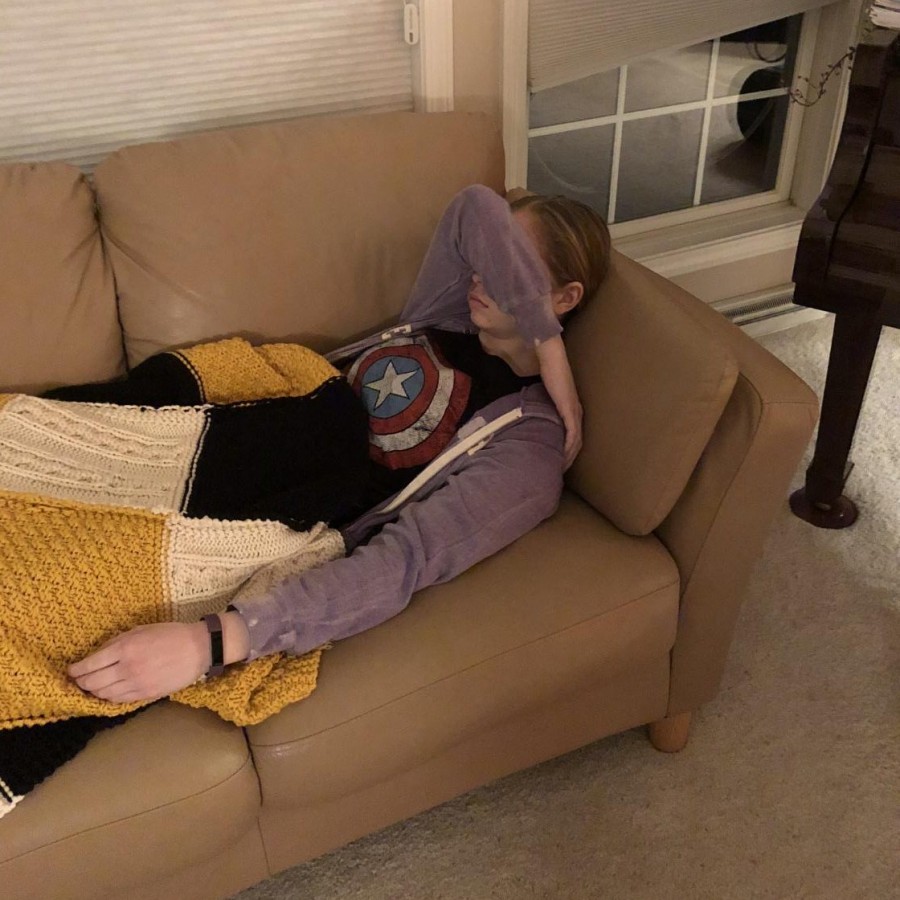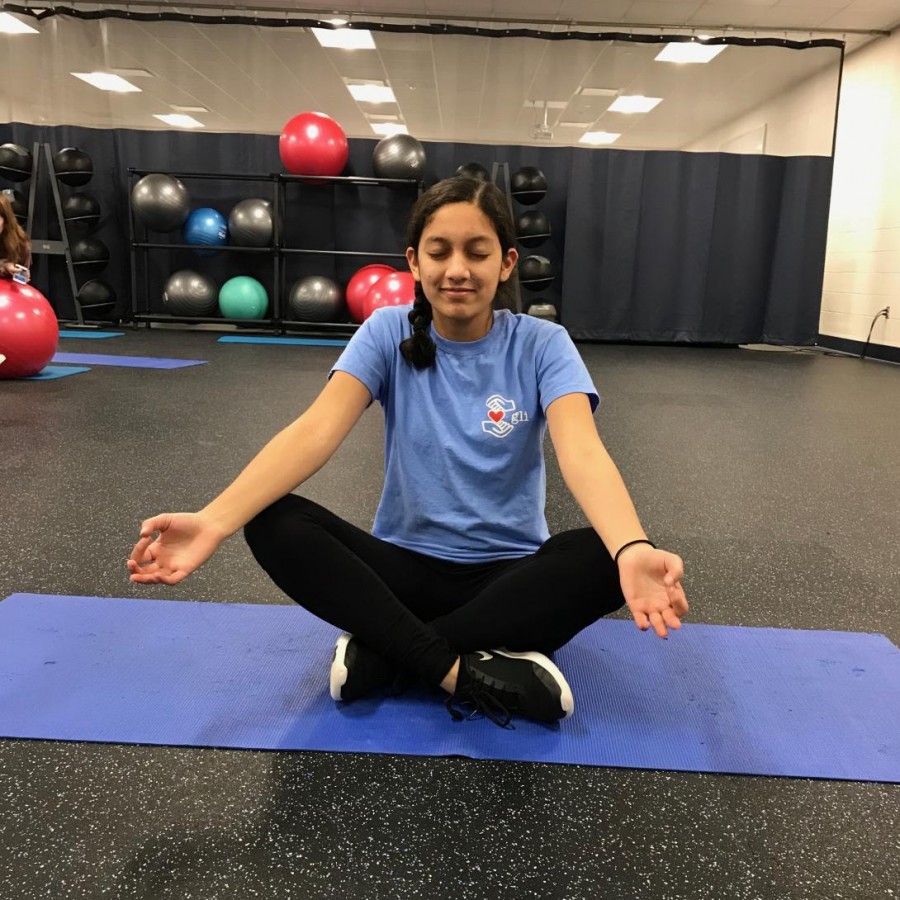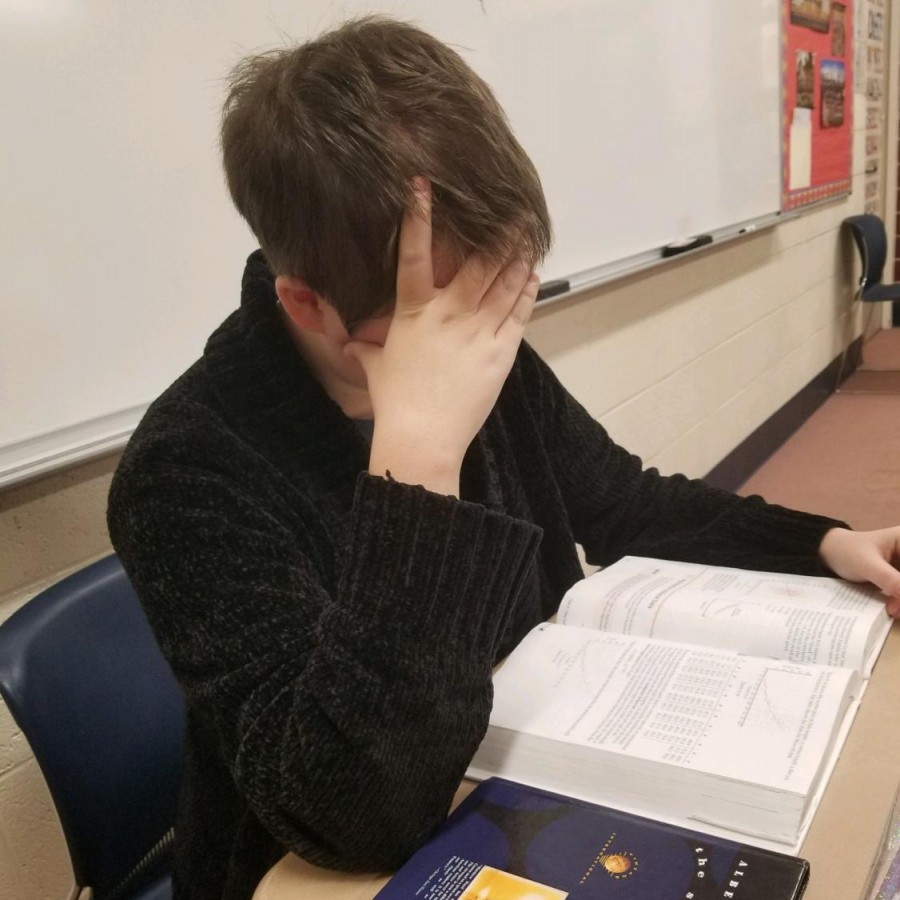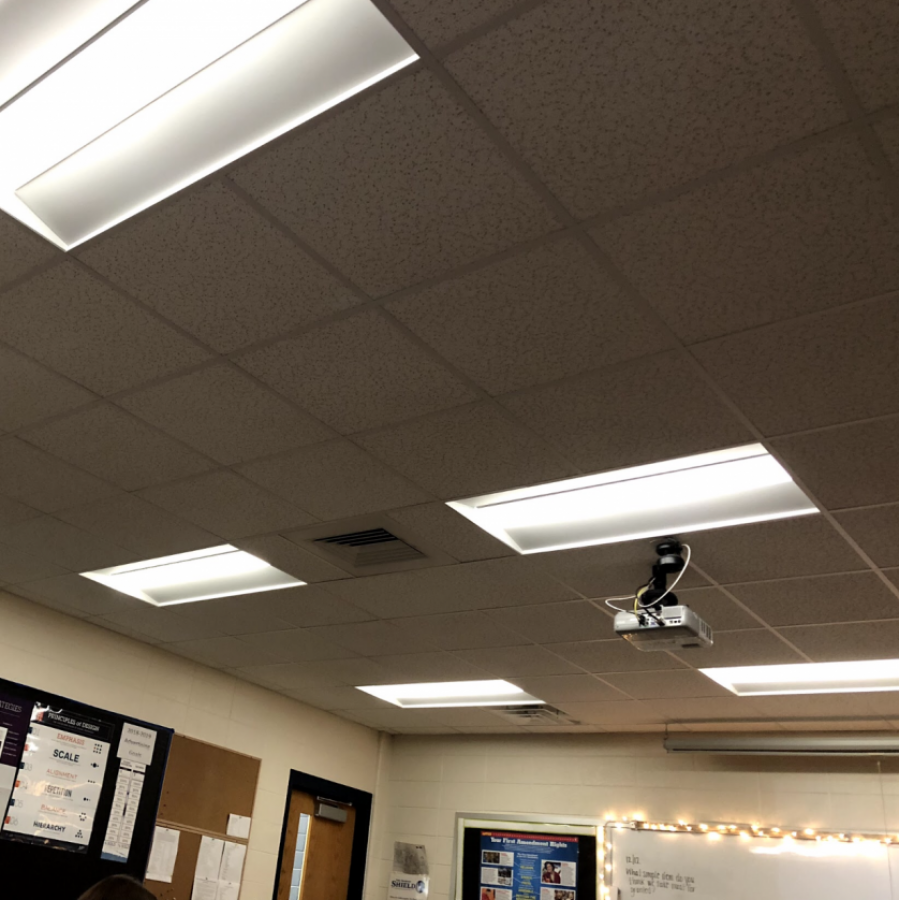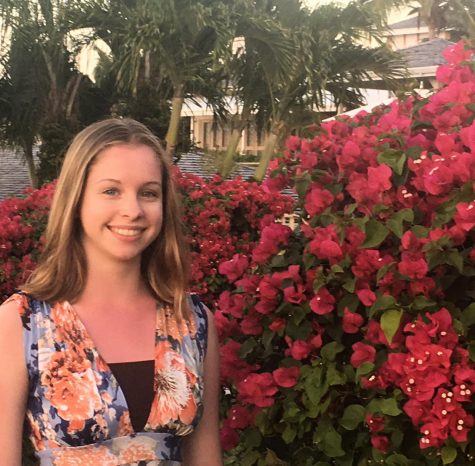Teenagers are subject to a lot of stress in their lives. From school to extracurriculars to jobs, life can become a literal headache. For some it is worse than just a headache, and they may even experience migraines.
A migraine is defined by Merriam Webster as “a condition marked by recurrent moderate to severe headache with throbbing pain that usually lasts from four hours to three days, typically begins on one side of the head but may spread to both sides, is often accompanied by nausea, vomiting, and sensitivity to light or sound, and is sometimes preceded by an aura and is often followed by fatigue.” It is usually very debilitating.
People who suffer from migraines experience nausea, sensitivity to sound and light, dizziness and vomiting. A migraine episode can be preceded by an aura. An aura is when a person sees zigzag or squiggly lines, and may lose their vision temporarily.
PV nurse Pam Cinadr described how students often confuse a headache with a migraine. “Migraines are diagnosed by a physician. Usually students who are diagnosed with migraines will have a prescription that we can then give them if they begin to have their particular ‘aura’.”
Sophomore Olivia Reddish began experiencing migraines around age 13. The stress of school has caused the number of migraines to increase.
“It starts with a small throbbing in my left temple, then I start to get really dizzy,” Reddish said. “Occasionally, I even pass out and almost every time I throw up.”
Up to 10 percent of school-age kids have experienced a migraine. By 17, up to 8 percent of boys and 23 percent of girls have had a migraine. Migraines are debilitating and can cause students to miss out on extracurriculars, school and interactions with people.
Reddish has experienced this side effect of migraines. “I’ve had to leave work, cancel on friends, and miss several dance practices.”
There are many triggers for migraines that surround a students everyday life. Inadequate sleep, stress, dehydration, skipping meals and even some food and drink, such as cheese and caffeine, can cause a migraine.
In terms of treating migraines, Advil, sleep and natural vitamins can help an episode.
“The only ways I’ve found of preventing my migraines are drinking lots of water, trying to lower my stress levels, and taking aspirin as soon as I feel a small headache coming on,” Reddish said.


